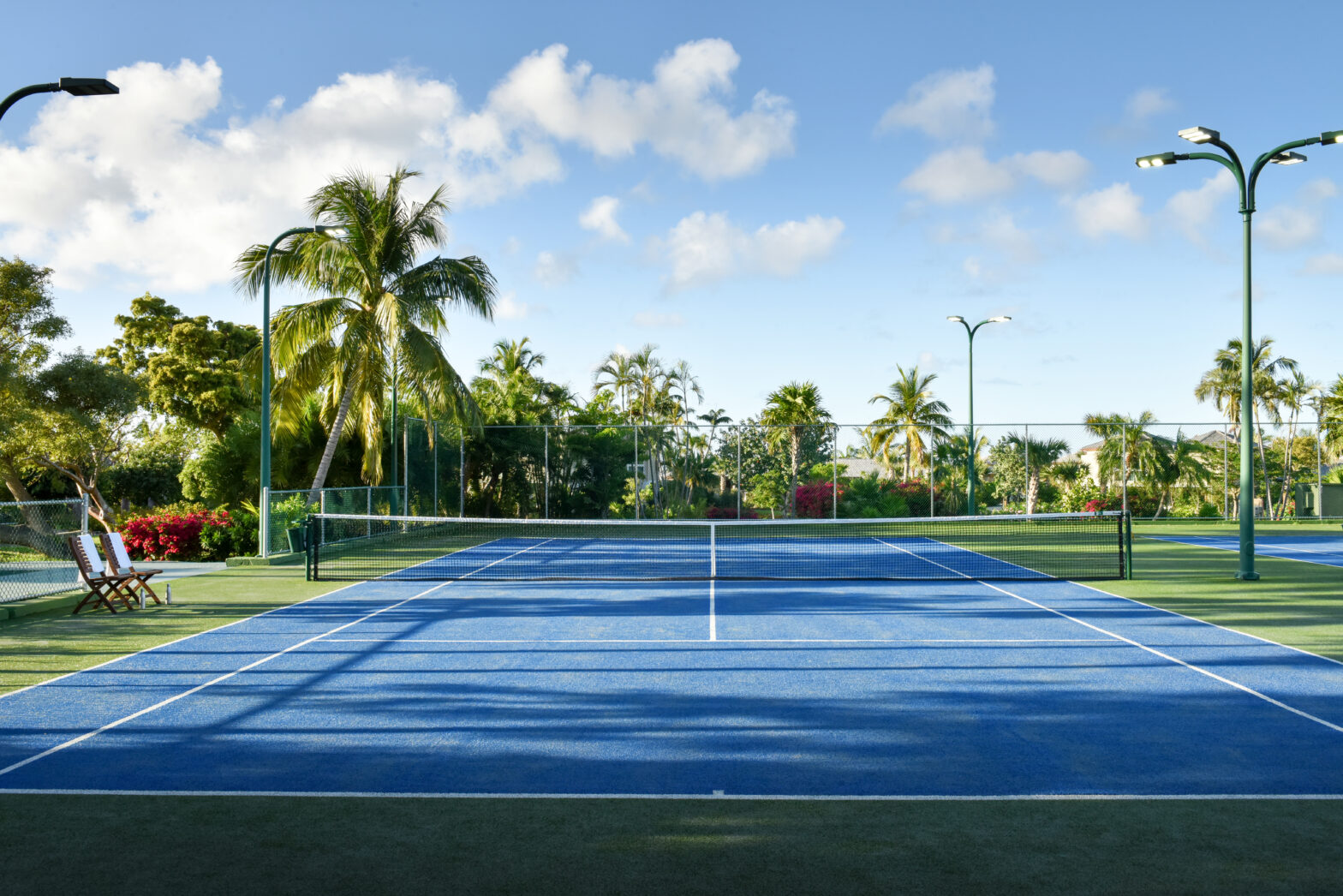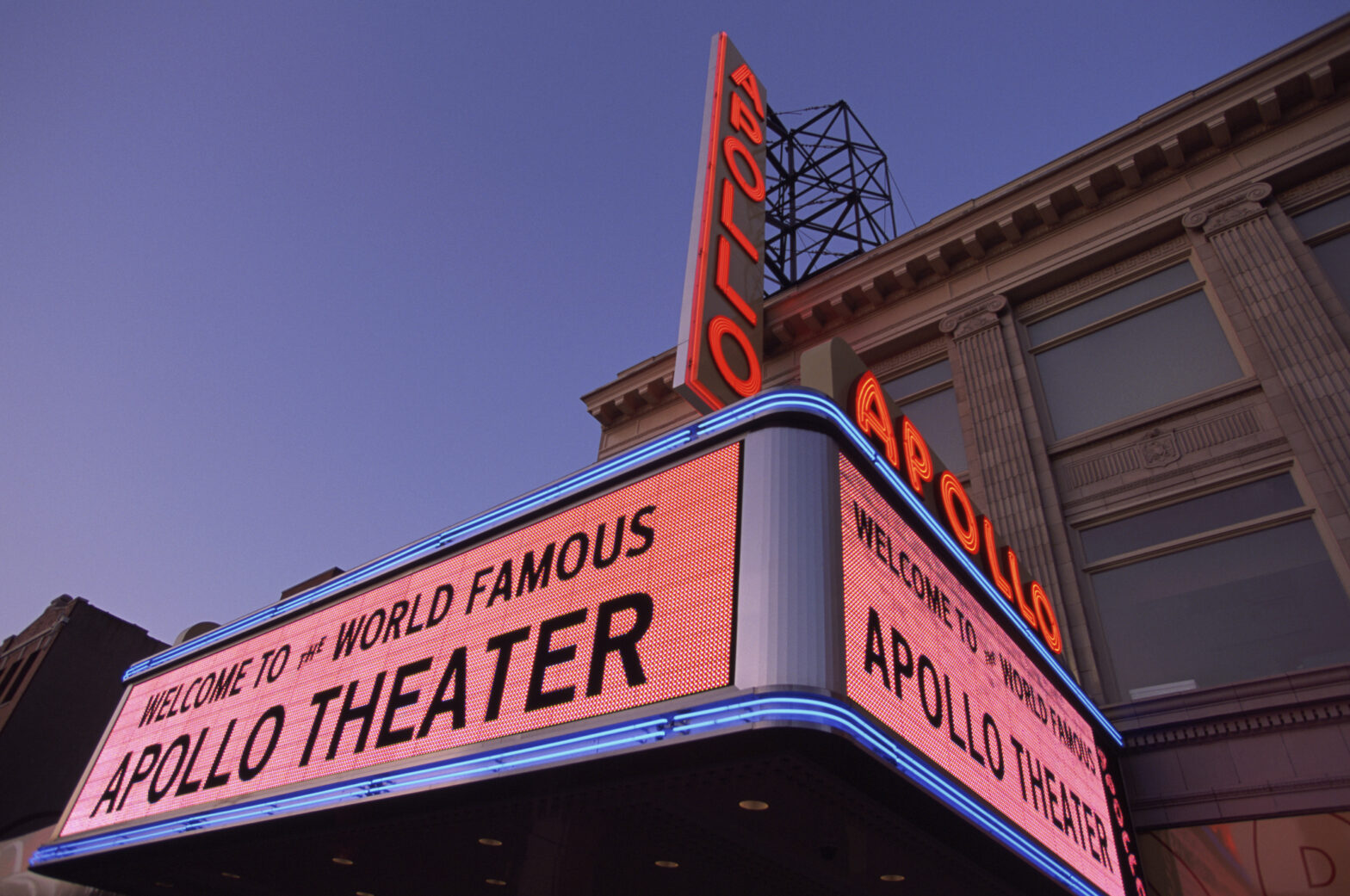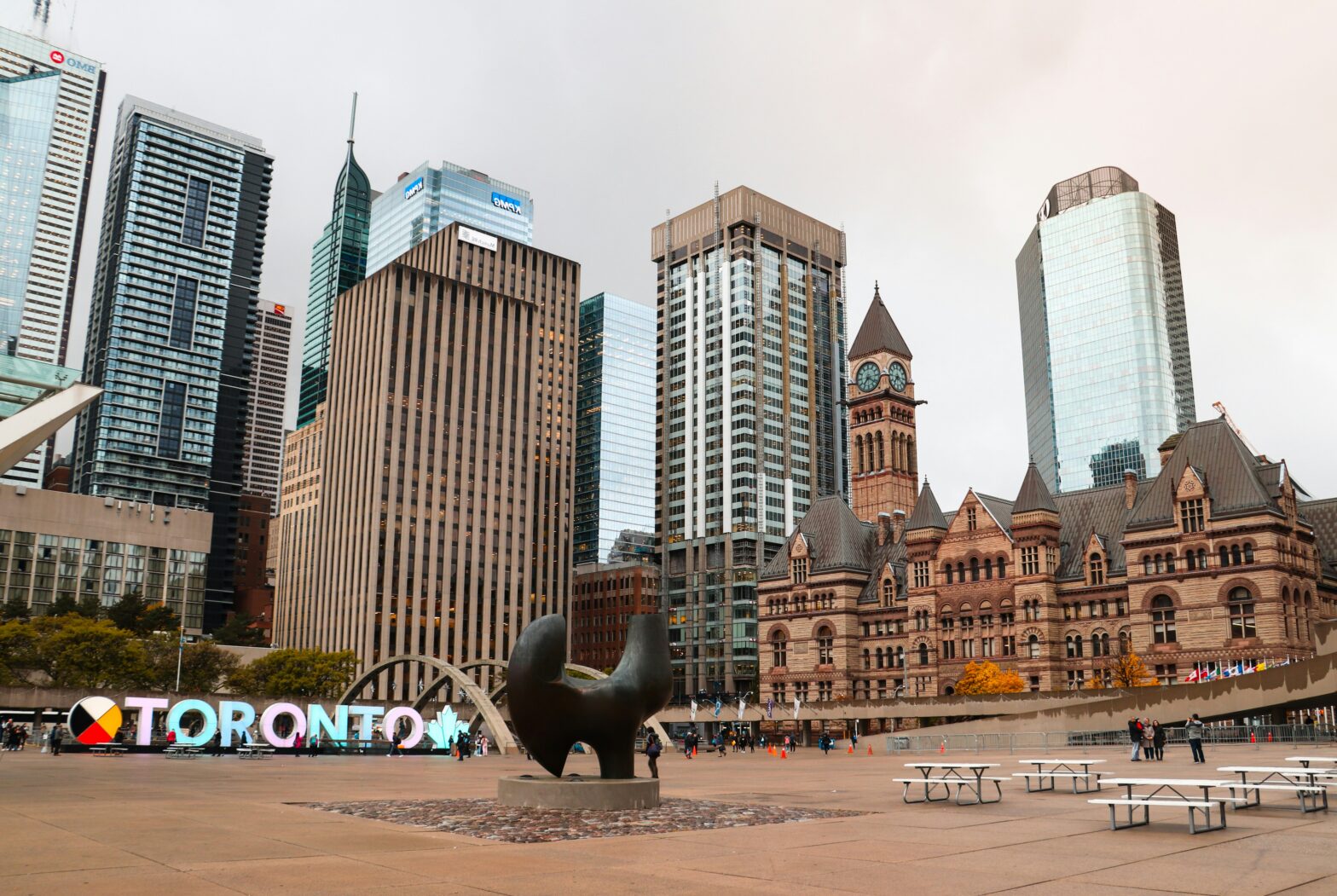Jamaica is an island nation in the Caribbean located south of Cuba and known for its rich cultural heritage, natural beauty, and friendly locals. But is Jamaica safe? This paradise is renowned for its laid-back beach vibes, reggae music, and jerk cuisine, and while it offers incredible natural beauty and rich cultural experiences, it also faces some safety challenges that visitors should be aware of.
Jamaica entices travelers with its stunning white-sand beaches, lush mountains, radiant blue waters, and vibrant arts scene. Top attractions include the scenic cliffs of Negril’s West End, lively Dunn’s River Falls, the Bob Marley Museum in Kingston, and the atmospheric Port Royal. For many, simply soaking up Jamaica’s infamously relaxed atmosphere on the beach with a Red Stripe beer in hand is reason enough to visit.
In addition to its natural splendor, Jamaica is celebrated for its distinctive music, cuisine featuring flavorful jerk dishes, and friendly locals. From rafting on the Martha Brae River to hiking in the misty Blue Mountains, the island offers no shortage of adventurous activities. Whether you seek an all-inclusive resort getaway or an immersive cultural experience, Jamaica aims to please you.
However, Jamaica also has struggles with poverty, gang activity, and heightened crime rates in some areas that all tourists should be informed about before traveling to this Caribbean destination.
THE LATEST TRAVEL ADVISORIES
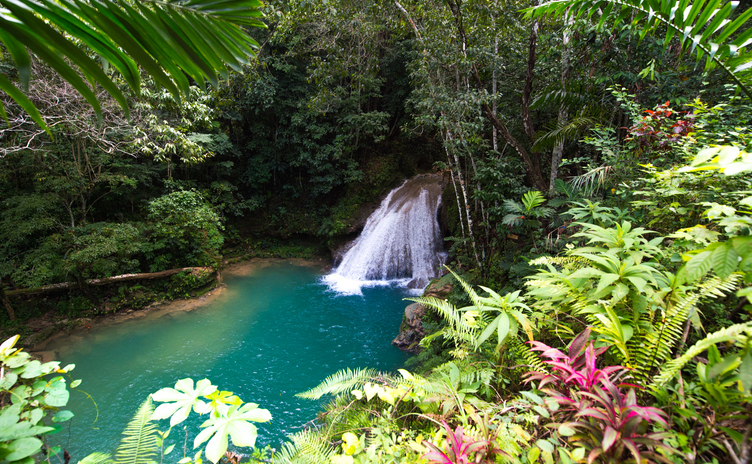
As with anywhere, checking trusted official travel resources before visiting Jamaica is highly advisable. The U.S. State Department currently has a Level 2 Travel Advisory for Jamaica, indicating visitors should exercise increased caution due to crime.
Specifically, the advisory cites the risk of violent crime such as home invasions, armed robberies, sexual assaults, and homicides that can impact both locals and tourists, especially in certain areas. The State Department recommends not traveling to some urban neighborhoods and taking precautions, like not traveling at night.
From a health perspective, the Centers for Disease Control (CDC) suggest Jamaica travelers are up-to-date on routine vaccines and take preventative measures against mosquito-borne illnesses like Zika, dengue, and malaria. Overall, travel health risks are considered minimal with proper precautions.
IS JAMAICA SAFE FOR TOURISTS?
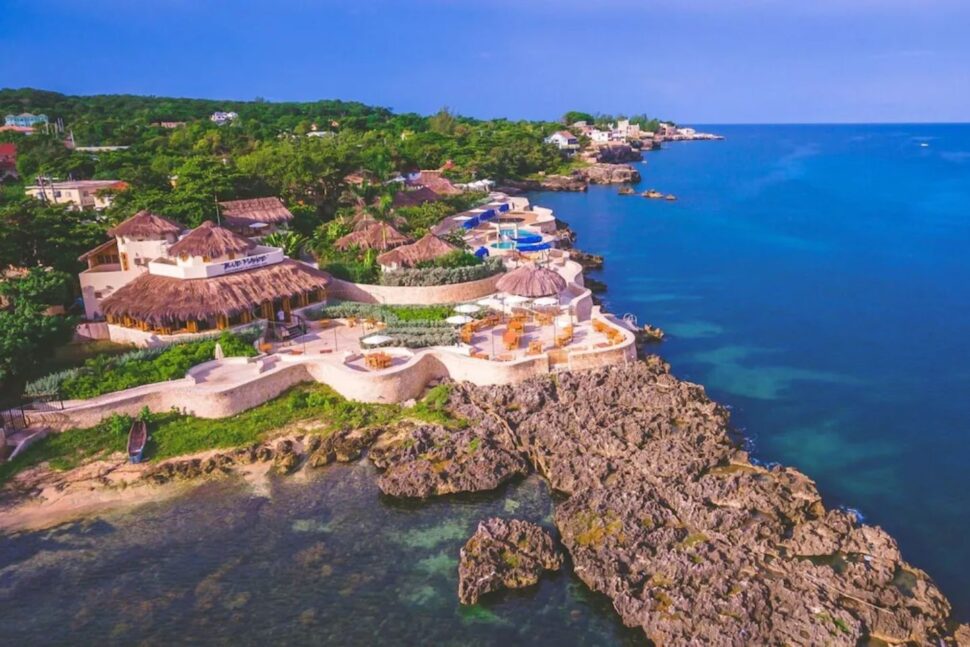
While Jamaica faces struggles with high crime rates and gang violence, tourist areas and resorts, fortunately, see relatively low risks for visitors when taking proper security precautions. U.S. government statistics show that millions of American citizens safely visit Jamaica every year.
Most crime occurs in impoverished inner-city areas like certain neighborhoods of Kingston or Montego Bay that tourists are unlikely to frequent. The resort areas and tourist towns like Negril and Ocho Rios are much safer and have a heavier security presence.
That said, petty crimes like theft do sometimes occur in resort areas, so taking basic safety measures is still important. Sexual assaults, though infrequent, also affect some tourist victims each year, according to statistics.
Solo female travelers to Jamaica will want to be particularly vigilant, avoid isolated areas alone at night, and arrange licensed taxis or tours through legitimate operators. As with travel anywhere, using common sense and being aware of your surroundings is advisable.
HOW TO STAY SAFE IN JAMAICA
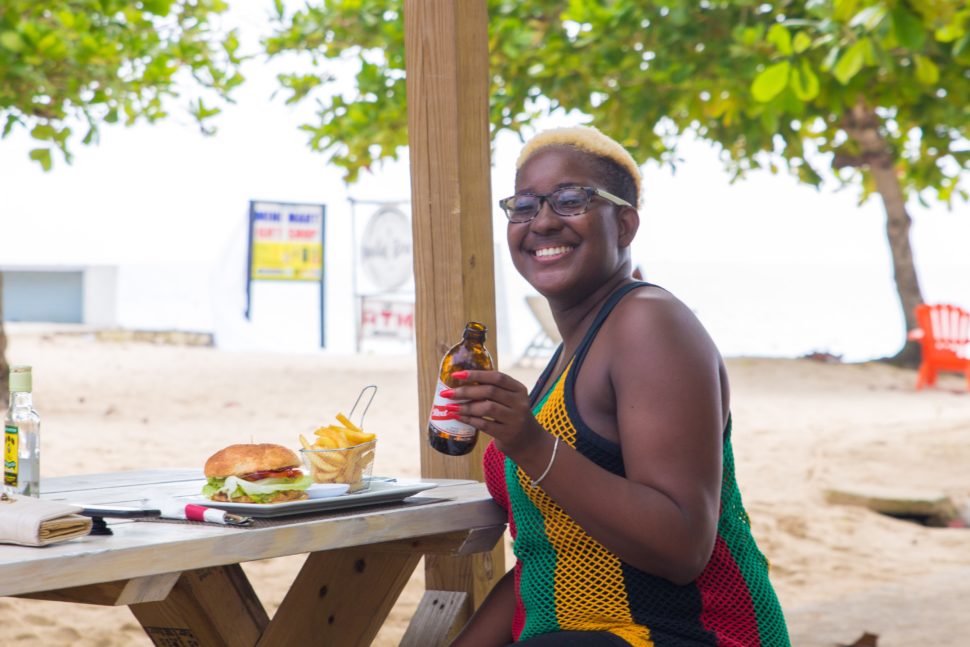
To help ensure a safe and stress-free vacation in Jamaica, some key tips include:
Only book lodging and activities through trusted sources and well-established operators. Read reviews carefully.
Don’t walk around at night and remain in tourist areas. Use licensed taxis/buses for transport.
Never carry large amounts of cash or leave valuables unattended on the beach.
Be very cautious about accepting transportation, drinks, or drugs from strangers.
Don’t wander alone into unfamiliar urban areas or neighborhoods.
Keep electronic devices secured and avoid wearing flashy jewelry when going out of your hotel or resort.
Get travel insurance that covers emergencies in Jamaica.
Most importantly, heed all official travel advisories for specific parts of Jamaica to avoid, as well as any resort/hotel security guidance once there. Jamaica has made strides in improving tourist safety, but caution is still merited.
WHERE TO STAY IN JAMAICA
Jamaica has several main resort areas and towns that are considered safe for tourists and offer an array of lodging options. Some of the top areas to stay include:
Montego Bay: Featuring many all-inclusive beachfront resorts and good tourist infrastructure. Best avoided at night outside resorts.
Negril: Laid-back beach town lined with smaller hotels/resorts and a fun nightlife scene. Seven Mile Beach is the highlight.
Ocho Rios: Resort town home to cruise ports, Dunn’s River Falls, and family-friendly attractions. Active nightlife too.
Port Antonio: Quieter area with cottages, smaller inns, and stunning beaches in a remote setting.
Runaway Bay: Up-and-coming resort area for all-inclusives near waterfalls and outdoor adventures.
No matter which part of Jamaica’s coasts you choose, many resorts provide a self-contained safe environment with security staff. But it’s still wise to be cautious when venturing beyond resort grounds.
THE BEST TIMES TO VISIT JAMAICA
Jamaica’s tropical climate makes it an enticing year-round destination, though some periods offer better weather and value:
Mid-December to mid-April: Peak season with perfect weather but also the highest prices and most crowds. The most popular time.
Late April to June: Shoulder season, with reasonable rates and fewer crowds before the summer rains begin.
July to November: Hurricane season brings hotter temperatures and a chance of heavy storms. The cheapest prices are in the fall.
The driest months of December-April are ideal if you can afford peak pricing and availability is limited. But many find the bargains worthwhile for visiting during the wetter summer/fall months.
PEOPLE ALSO ASK
What are the most dangerous areas in Jamaica? Areas in Kingston and Montego Bay far from resorts have high crime rates to avoid.
How common are sexual assaults against tourists in Jamaica? Infrequent, but some do occur each year, so caution is advised.
Is it safe to drink tap water in Jamaica? Tap water in Jamaica is generally safe to drink in most tourist areas. However, some travelers prefer bottled water, especially in rural areas.



